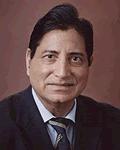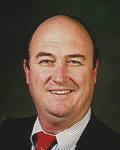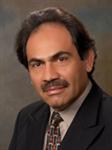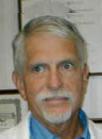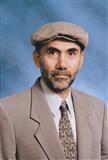Functional responsibilities of Neurosurgery:
- Identify of physiological disorders and impairment of nerve endings;
- diagnosis and treatment of conditions caused by disorders of cerebral circulation subject to surgery;
- Identification and elimination of conditions associated with congenital disorders of the brain and spinal cord.
What treats the Neurosurgeon
Specialist consults and conducts operative interventions on the following diagnoses:
- cranial trauma;
- benign and malignant neoplasms of the brain, bones skull and of the spine;
- spinal abscess vertebral bodies;
- congenital and acquired disorders of blood circulation in the brain;
- brain infarction (stroke);
- cerebrospinal (spinal) hernia.
The therapeutic medical influence on affected areas of the brain is very diverse. Selection procedure depends on the head area, and the type of pathology of the patient. For example, meningitis disease are treated using antibacterial therapeutic method, and a stroke - using thrombolytic therapy.
Almost all kinds of diseases treatment in neurosurgery can be divided into two groups: etiotropic therapy (which is aimed at the complete elimination of the disease) and pathogenetic therapy (which is aimed at preventing such complications in diseases).
The danger of a tightening of brain diseases is that after a certain time, at propagation of pathologies on brain, morphological changes may remain for life, and the patient becomes disabled, under constant medical supervision.
When to see a specialist
Certain disorders of the nervous system can be observed in a patient from birth, however, when some signs should see a specialist without delay:
- Sudden numbness of limbs, fingers, feet and hands;
- pains in the limbs, sternum, the head of unknown etiology;
- fluctuation in blood pressure;
- the effects of cranial trauma (loss of consciousness, dizziness, nausea, vomiting, coordination, disorders, headache, back pain).
The clinical picture for diseases of the of the brain is very different. All signs and symptoms depend solely on what part or area of the brain struck by the disease.
Meningitis - one of the diseases in neurosurgery. At the disease occurs defeat of the meninges. Meningitis caused most often by the infection, any toxins or head injuries. В данном случае у пациента будет развиваться сильная головная боль, через время начнется рвота, ригидность затылочных мышц. In this case, in a patient will develop a severe headache, vomiting, a stiff neck, the patient can not nod your head, touching with chin the breast. With these symptoms probably development pathological reflexes Babinski that appear in flexion - unbending of fingers extremities.
Symptoms of vascular diseases of the brain may occur as a result of spasms or blockages of cerebral vessels. This entails a lack of oxygen in the brain tissue. Depending on the duration of this process and its severity, the manifestations are of a different nature. In the patient may arise paralysis, loss of sensitivity of some body segments, acute brain failure. And in a state of neglect the symptoms may reach an irreversible process decline of memory and intelligence.
Prevention
Any preventive methods of diseases of the human brain in neurosurgery are reduced to timely detection of disease, its precise diagnosis and the development of techniques and treatment. You can not run a brain disease because, developing, they can lead to disturbances and damage to the nervous tissues.
As the disease in neurosurgery are extremely diverse, and the common preventive method exists. But for each of them, with a healthy lifestyle and refusal of bad habits, there is less chance of the existence of such a body.
hide
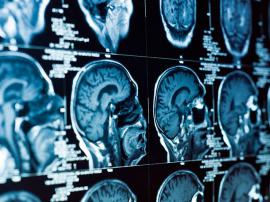 Neurosurgery - medical research field, which studies diseases of the two nervous systems of the human body - the central and peripheral.
Neurosurgery - medical research field, which studies diseases of the two nervous systems of the human body - the central and peripheral. 
